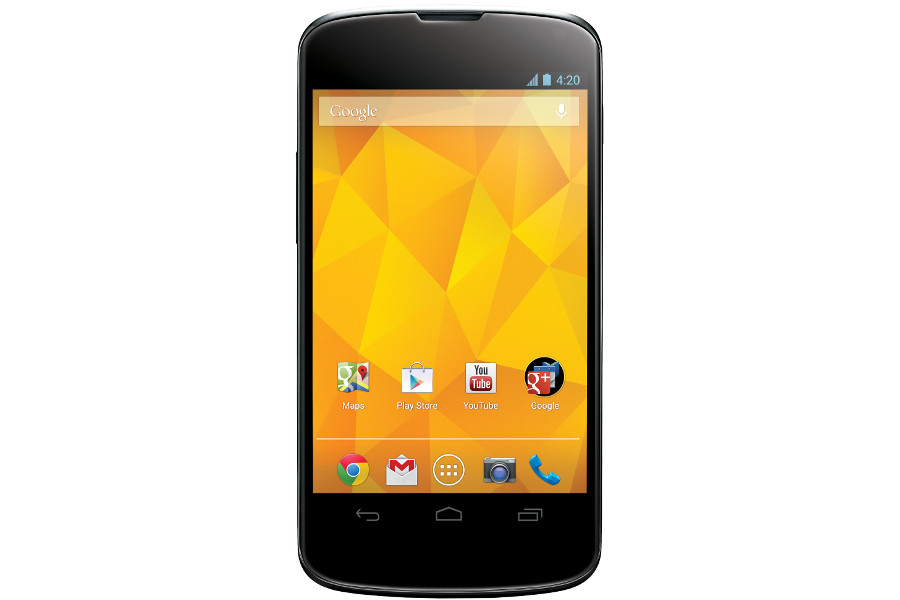A steady increase in corporate purchasing through the first three quarters of the year hints that enterprises are already rethinking how far bring-your-own-device (BYOD) programmes will be allowed to expand, according to Strategy Analytics.
Seventy-three million smart phones were purchased in the third quarter by business users directly, or by companies for their business users, representing a 34% increase over total business smart phone volumes a year ago, Strategy Analytics said.
That means more than 35% of smart phones used for business purposes were corporate-owned, compared to 32% in the same quarter a year ago, and 31% in the first quarter.
BYOD may very well be an unstoppable trend in many regions in the world, but it is not too surprising that some momentum would swing back to corporate-owned devices, according to Kevin Burden, director of mobility at Strategy Analytics. Companies are still devising usage policies, discovering its management challenges and experiencing its impact first-hand, he said.
For now it is not clear if the corporate-owned smart phone surge is the start of a growing trend or just a correction after more than a year of lopsided adoption, but what is clear is that enterprises still want full control over mobile phones and apps, according to Strategy Analytics.
Leif-Olof Wallin, research vice president at Gartner, agreed: “There is still a gap between CIOs and employees,” he said.
Drawing any conclusions based on sales during the third quarter is also tricky because they were affected by what Wallin calls “the BlackBerry effect”. Questions around the struggling company’s future resulted in pent-up demand that Apple and the Android camp were able to take advantage of during the third quarter, according to Wallin.
The BYOD market has also started to mature.
“More and more CIOs are starting to realise that BYOD projects aren’t cheaper than corporate-owned devices. They are more likely 5-10% more expensive,” Wallin said.
cio.co.uk







Subscribers 0
Fans 0
Followers 0
Followers